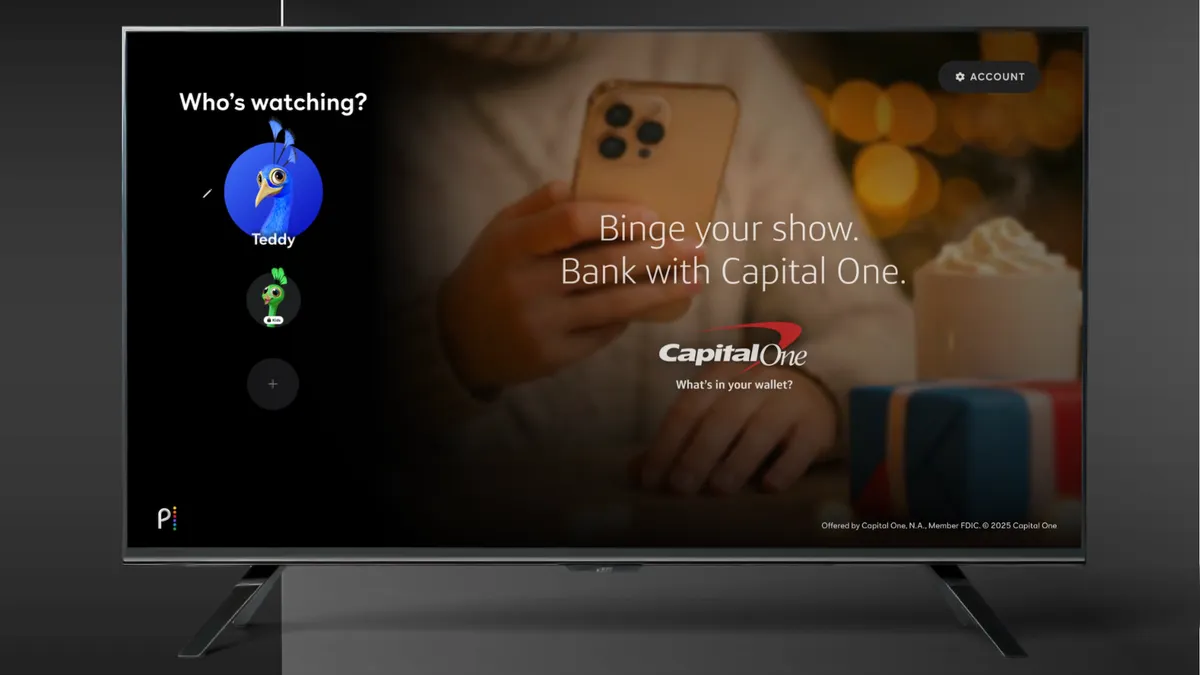Momentum Worldwide, an experiential agency within Interpublic Group (IPG), is betting that artificial intelligence (AI) and machine learning (ML) can help clients deliver more personalized experiences while better measuring the success of those efforts. The group has recently secured three patents around using ML to manage and activate experiences, Marketing Dive can exclusively share, staking a claim as the first agency in its category to do so. The solutions have already been tested by clients including Coca-Cola and Walmart.
“Having these capabilities means brands can finally connect the dots across experiences for the first time,” said Elena Klau, chief strategy and product officer at Momentum Worldwide, in a statement. “We are at an important inflection point where the technology and data investments we made years ago to secure these patents are finally being actualized for clients.”
The upgrades, which are being implemented across Momentum’s suite of business intelligence products, come as experiential marketing grows more complex and multichannel, forcing marketers to be deliberate in their budgets and planning. Along with blending in digital and mobile elements that are expected in a smartphone-first world, today’s experiential campaigns are betting more on generative AI, as demonstrated in a recent promotion from Coke. The soft drink brand earlier this summer began running a Coke Studio at music festivals where visitors could create an original track and accompanying album cover and video with the aid of ChatGPT and other AI software.
“You have augmented reality, mixed reality, virtual reality and you have what's happening in the Web3 space. All of those things have to be connected in modern marketing,” said Jason Alan Snyder, global chief technology officer at Momentum Worldwide. “What we needed to do was devise a methodology or a tool or a system in order to be able to do it. What is embodied in these three patents are the apparatuses, the methods and the systems that enable that.”
Snyder said that Momentum is initially focused on bringing a deeper level of personalization and precision to branded events like Coke Studio. Eventually, the patents are also expected to provide a clearer view into how physical experiences affect sales, a long-standing point of interest for CMOs who want to prove their splashy creative plays drive concrete results.
“The golden goose, for lack of a better term, in experiential is the ability to say, what's the value of this? If I do these things, what's the ROI?” said Snyder. “It doesn't necessarily work like traditional media.”
Staying ahead of the curve
Momentum began thinking more seriously about the AI and ML applications back in 2016 and made the initial patent filings a year later, well before ChatGPT mania made AI the marketing buzzword du jour. The group previously built out some of its services with help from IBM’s Watson, an early mover in AI, and is currently developing partnerships with sister agency Acxiom, as well as third parties like Palantir, Google and Microsoft.
While there are three patents in the mix, they work in unison as a system called Multidimensional Machine Learning Data and User Interface Segment Tagging Engine Apparatuses, Methods, and Systems, or MLIUI. MLIUI is not a standalone product but rather enhances the solutions Momentum already offers under its Total Brand Experience. The ML investment is complemented by IPG’s recent bets on quantum computing with partner D-Wave to solve data-intensive problems in a speedier manner.
MLIUI addresses five key areas for experiential marketers: ingesting a high volume of data from different sources; processing that information; recognizing patterns in the data; designing predictive models; and offering real-time adaptation. Snyder compared the process to watching a “multi-layered movie.” Brands have to keep track of various plots and characters, understanding how they interrelate, with the full picture representing broader market trends and behaviors.
“[MLIUI] analyzes and understands the interplay between the various data sources and the features to provide a comprehensive, multi-dimensional view into the market and the consumer behavior so that our clients, our brands can create marketing strategies that aren't just reactive to current trends but also predictive of future behaviors,” said Snyder.
While Snyder couldn’t share much detail about the outcomes of the early experiments with MLIUI, he said that the brand response so far has been positive. Looking further down the road, the executive has the same hopes around the technology that many hold for AI: That it will soon more closely emulate the human touch.
“We wanted a machine that would think and reason more like a human analyst that would provide not just data but meaning for answers and insights,” said Snyder. “Not just telling you it’s going to rain, which is data, but why it’s going to rain.”






















